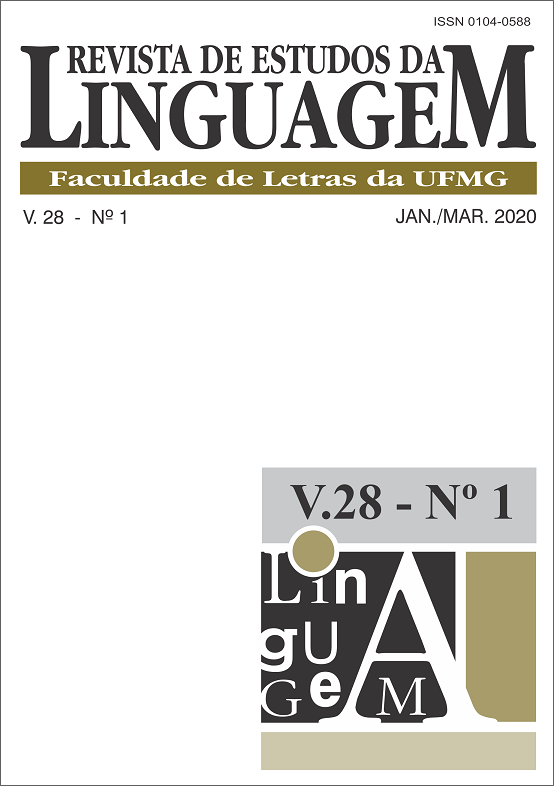Entre letras e armas: sobre a gênese do ensino do espanhol no Brasil / Between letters and weapons: on the genesis of Spanish teaching in Brazil
DOI:
https://doi.org/10.17851/2237-2083.28.1.69-92Palavras-chave:
ensino do espanhol, ideologias linguísticas, políticas linguísticas, glotopolítica, Spanish teaching, linguistic ideologies, language policies, glottopolitics.Resumo
Resumo: Este estudo resgata o processo histórico que inaugurou e institucionalizou o ensino do espanhol no Brasil e analisa os argumentos operados no arquivo governamental para justificar a inclusão do idioma. Para identificar as ideologias linguísticas e os ideologemas associados, tal retrospectiva é abordada a partir da área das Políticas Linguísticas e através de uma perspectiva glotopolítica. Ainda que as políticas que determinaram a inserção do espanhol tenham tido como gatilho as geopolíticas de integração sul-americanas, os discursos analisados oscilam entre essa memória, expressada através de uma retórica fundamentada no ideologema da grande família continental; outra que remete a uma memória ibérica, marcada pelo ideologema do espanhol como a língua de Cervantes; e, por fim, uma representação que mescla as anteriores e se desvela nas figuras do aluno culto, cidadão de uma imaginada América bilingue e do soldado letrado, integrante de um imaginado exército bilingue.
Palavras-chave: ensino do espanhol; ideologias linguísticas; políticas linguísticas; glotopolítica.
Abstract: This study recovers the historical process that established and institutionalized the teaching of Spanish in Brazil and analyzes the grounds on which the discourse of the government archives relied on to justify the inclusion of this language in Brazilian education. To identify the underlying linguistic ideologies and ideologemes associated with this process, we address such a retrospective from the viewpoint of linguistic policies and a glottopolitical perspective. Although the policies that determined the inclusion of Spanish teaching were triggered by South American integration geopolitics, the discourses analyzed vary between this memory, expressed through a rhetoric based on the ideologeme of the great continental family; another one that refers to an Iberian memory, marked by the ideologeme of Spanish as the language of Cervantes; and, finally, a representation that mixes the previous ones and is featured both in the cultured student, citizen of an imaginary bilingual America, and in the learned soldier member of an imaginary bilingual army.
Keywords: Spanish teaching; linguistic ideologies; language policies; glottopolitics.





